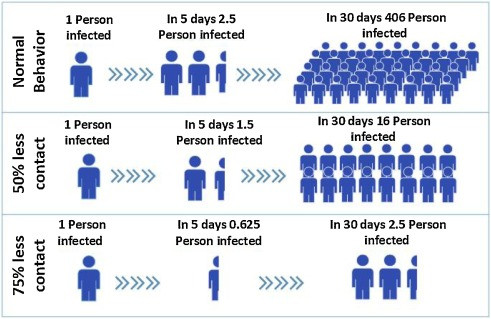
THE EFFECTS OF LATENESS TO WORK AND PRODUCTIVITY OF GHANA EDUCATION SERVICE: A CASE STUDY OF THE NON-TEACHING STAFF IN THE SUNYANI MUNICIPALITY
The purpose of the study was to find out the effects of lateness to work by non-teaching staff on the operations of Ghana Education Service in the Sunyani Municipality. A descriptive research design was used to answer research question concerning the current status of the subject matter of the study. A sample size of 246 made up of 240 non-teaching and 6 management staff of the Ghana Education Service within the Sunyani Municipality was used for the study. Questionnaires were designed and used as the main instrument for data collection. A list of causes of factors affecting lateness among non-teaching staff in the Sunyani Municipality were identified. A limited number of indicators were used and then a statistical threshold (significance value) was set to 3.0. This means every mean score above 3.0 showed a significant indicator of lateness to work. The significant causes of lateness found were illness, stress, family problems, financial problems, leadership style, and unfair treatment. On the effect of lateness on staff productivity, the analysis of correlation found that employee lateness has a positive but weak correlation or association with employee productivity. On measures used to check lateness among the non-teaching staff, majority (30.4%) of the respondents said queries/disciplinary measure was the key measure used. This was corroborated by majority (67%) of management staff. It is recommended that biometric clocking system could employed by management staff to check lateness to work.
